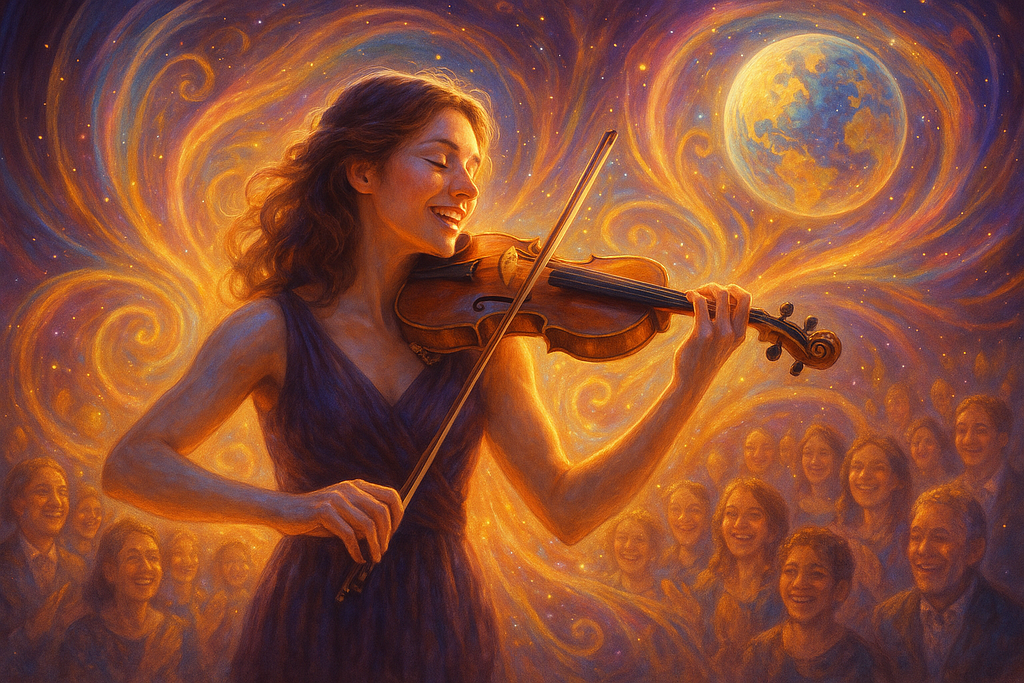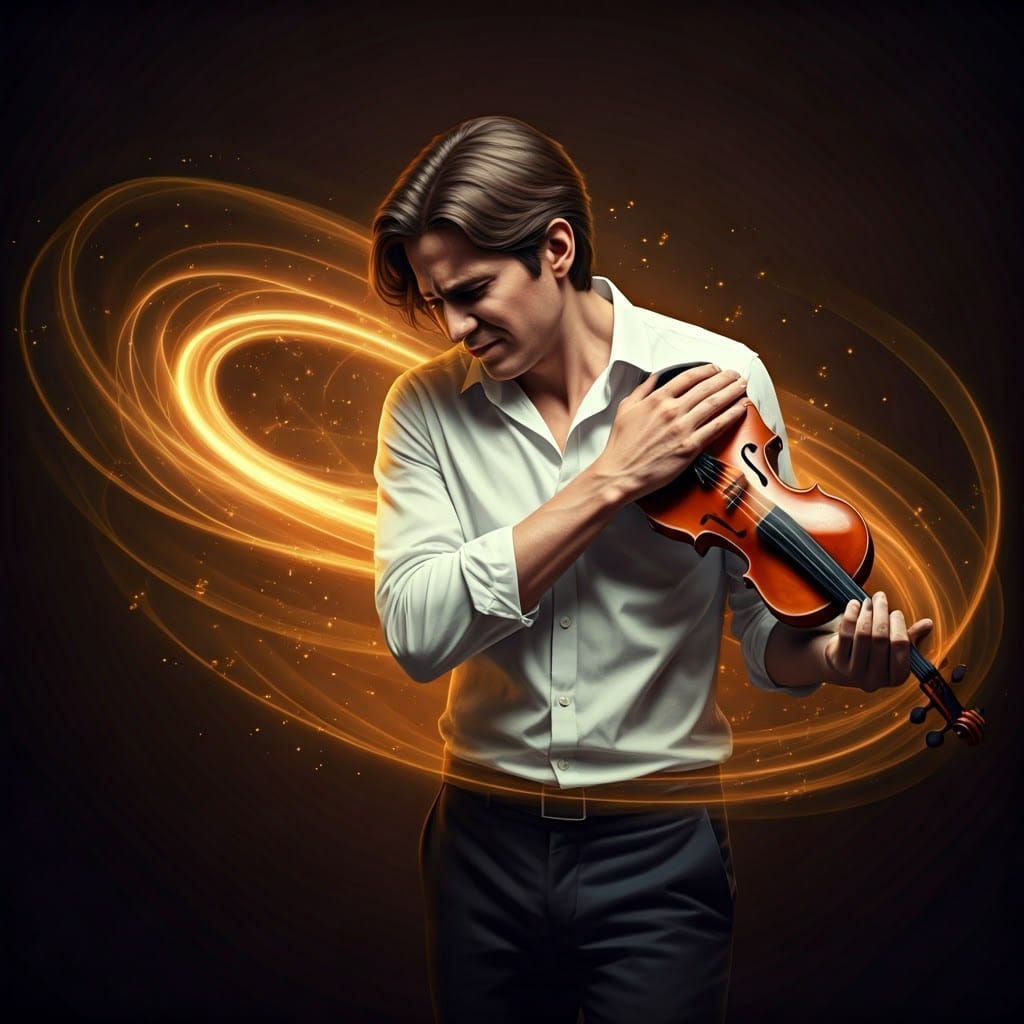“Code Red for Humanity”
On August 9th, 2021, the Intergovernmental Panel on Climate Change released a report which raised grave and urgent concern about human-induced climate change. The report states that world-wide temperatures and CO2 levels are getting perilously close to certain tipping points, the crossing of which would make human and non-human life on earth more and more perilous. UN Secretary General Antonio Guiterres said the report signaled, “A code red for humanity – the alarm bells are ringing and the evidence is irrefutable.”
This report hit my gut with significant force when I first heard about it. Fear and sadness swept through me, accompanied by a sense of imminent danger. Thoughts entered my mind of gathering my loved ones in a safe place in the woods where we could seek shelter from the gathering storm and chaos I was sure was in our collective future.
I felt intense grief for all the suffering that was to come: so many people, animals, fish, trees, and other living beings are in peril, their lives soon to be (or already) upturned – or ended – by ecological devastation. Anger came up next – anger towards our system of economics which incentivises the destruction of our social and ecological commons, wherein, for example, a tree is worth more as so many board-feet of lumber than as a living being. I felt anger towards the forces of myopic self-preservation that compel our political, legal, and corporate elites to perpetuate such incentives, and anger at my own perceived helplessness in preventing or mitigating the converging forces that make this “code red” situation possible.
Anger turned into determination, as I knew I didn’t want to become a helpless lump or a nihilist in the face of this urgent problem. Many questions began arising: How could I understand myself and my role in the world in a more empowered way? Was there some kind of action I could take in my own life to make a positive difference in the world?
At first, this seemed pretty hopeless. After all, what can just one person without a vast following nor conventional financial or political power do? Within the conventional point of view, one person without money, power, or fame can do almost nothing to change such vast, impersonal forces as global climate change. But rather than wallow in despair, I wanted to do something. What could I do in my life as it is, I wondered, with the skills, interests, and circumstances I already have? After all, I am a violinist and an Alexander Technique teacher, not a climate scientist, politician, or billionaire activist. I’ve spent my whole life honing these skills, being driven by these passions. Music and the Alexander Technique – and personal growth in general – are where my gifts are and where my inspiration and joie de vivre come from. But how could these help solve global climate change? Wouldn’t something more “practical” be better?
There are two main problems with this point of view on practicality. Let’s say that I decide to change careers into something more directly relevant to the mainstream take on global climate change. The problem with this is that I (and I’m sure many other artists and musicians) have absolutely no interest in going back to school for climatology, earth sciences, politics, economics, or other seemingly climate-relevant fields of study. I have neither the skills nor inclination to start NGO’s to feed hungry people around the world, to help climate refugees, to educate girls in third world countries, or to protect wild places from further destruction. All these are valid, important, and constructive things for a person to do, but I also knew that none of them were my thing to do. Indeed, making such a switch of career would drain me, leaving me quickly burnt out and of no help to anybody. Clearly, that wasn’t going to work. Maybe there was a more creative and life-giving solution, with something I could do in my own life, exactly as it is, that might connect to the global climate crisis.
This led me to the other problem with a more “practical” approach – that, despite the mainstream narrative that CO2 emissions are causing global climate change, thinkers like Charles Eisenstein make a compelling case that the roots of this crisis go much, much, deeper than mere CO2 emissions. Reminding myself of his work, I asked myself: What was the real root cause of global climate change, in any case? Was it really just CO2 emissions, or was there something deeper going on? After all, CO2 emissions have their own causes and conditions, which in turn have their own causes, and so on. According to Eisenstein, the deepest root causes of global climate change have more to do with the mentality of “separation” than with any particular pollutant (much more on this later); after all, what would allow people to act destructively toward the planet and each other, other than thinking of themselves as being separate from the world and other people?
I began to feel a glimmer of hope. If the mentality of separation truly was the deepest root cause of the climate crisis, I had an inkling that I could find a way to link my life as a musician to its antidote. What if I could make a positive impact, all while doing the things I most love? And I’m sure I’m not the only other musician or artist who is struggling with the same dilemma – maybe I could share what I found with these people, too.
Think of how powerful this would be! Instead of feeling helpless in the face of the many troubles our world faces, you as a musician (or other kind of artist) could feel empowered to make a positive difference, while doing the very things you know how to do best. Instead of the common (and rather depressing) point of view that art and music are frivolous hobbies, and not the “real things you could do that actually make a difference,” you could feel deeply affirmed that your soul’s longing for beauty and creative expression is vital to both yourself and your world. Instead of being resigned to the soullessness of our society’s relentless commodification of art (which, as we will see, stems directly from separation-thinking), you could be deeply energized knowing that wherever you play, create, or teach, really means something, and that you are doing a real service to a world in need. Instead of feeling lost, unsure of how to move forward as a musician in this increasingly chaotic world, you could be inspired to serve the unfolding of what Eisenstein calls “the more beautiful world our hearts know is possible.”
Now, while I find such ideas very inspiring and compelling (and I hope you do, too!), and despite my skepticism of conventional notions of practicality, I knew I also wanted to have this solution connect to the very real, mundane challenges that musicians and artists face – otherwise, this would all be just a bunch of pretty-sounding, airy-fairy nonsense. I began to consider all of the challenges musicians face (in addition to trying to save the world, that is):
- The difficulty of making a living in the arts
- A lack of a clear and satisfying creative outlet that allows you to fully and satisfyingly manifest your gifts
- Performance-related musculoskeletal injuries, such as tendonitis, carpal tunnel syndrome, back pain, TMJ, trigger finger, numbness, tingling, and other chronic, mysterious, and difficult-to-treat injuries
- Performance anxiety
- Burn-out
- Being overly concerned about the opinions of others
- Overly harsh inner critic, crippling perfectionism
- Conflating self-worth with a “perfect” performance, feeling shame with even miniscule mistakes
- Lack of motivation or inspiration
- Feeling guilty about not finishing creative projects
- Lack of creative direction
- Taking gigs or students that don’t satisfy, only to pay the bills, causing you to ask: “Is this really why I got into music?”
- A lack of basic business and marketing skills – or even a frank distaste for these – that disempowers you from making a living doing the things you actually enjoy
- A general feeling of the meaninglessness of conventional modern life
- An anxiety that your gifts in music and the arts don’t really matter to the people around you
- Forgetting the simple joy of expressing yourself straight from the heart, and instead getting lost in the minutiae of technique or finding yourself merely “phoning it in”
- Playing music in a way that feels mechanical and unsatisfying
- Dread or apathy at the increasingly chaotic state of the world
- A deep ambivalence about money – how a great work of art is a thing of tremendous value, while at the same time even putting a price on art diminishes the art and the artist. Related: how the gigs that pay the most are usually the most soul-sucking, whereas you can’t get paid for the musical outlets that are the most fulfilling
- Anxiety that music and art don’t actually “do” anything for the world
- And then there’s all the other difficult being-a-person-in-the-modern-world stuff like traumas of every sort, the pervasive meaninglessness and alienation of modern life, the dissolution of community, rampant polarization, political strife, racism, sexism, and hunger, not to mention other global threats like the risk of nuclear and biological weapons, the rise of authoritarianism, AI risk, ecological collapse, the fragmentation of our information ecology, extreme wealth inequality, and more… all of which add to the dizzying complexity and difficulty of modern life.
I asked myself: In the face of so many overwhelming, seemingly intractable problems, is there any hope for a more peaceful, loving, and life-affirming world, and if so, what does it look like and how do we get there?
And that’s what this book is about! As ambitious as the scope of this project may seem at the outset, my goal with this book is to set forth a unified vision for the vital role that you as a musician or artist can play in healing the world and healing yourself, all while making fabulous and meaningful art.
As we begin to take in the landscape of this project, I notice that we do have many significant challenges in discovering and enacting this vision in the world – one of the biggest of which is the lack of role models or tried-and-true pathways to follow through this new terrain. In my experience, conventional music schools, for example, tend to view anything outside of technique- and repertoire-building (such as soulful expression, fun, a purpose-oriented career in the arts, the well-being of the planet, or the well-being of the student’s body/mind) to be frivolous, “nice-to-have,” or just plain irrelevant (there are exceptions, of course, but this is widely true, as far as I can see). But what if these were central to your musical training and expression? My core thesis is that centering meaning, purpose, well-being, soulfulness, fluidity of bodily movement, joy, and a radically holistic point of view in general is absolutely critical to the fullest flowering of your expressive power, creative direction, life satisfaction, and to the well-being of the world at large.
Navigating this new territory is a bit like discovering yourself lost in the wilderness. Suddenly, you realize that you’re not where you thought you were; maybe your compass has stopped working, the map is outdated, or the terrain is far more complex than you anticipated. What do you need in such a situation?
More on this – next week!
Subscribe to my blog or YouTube channel to stay tuned for more!
What’s “100 Days of Soulforce”? I’m embarking on a mission to spread the word about Soulforce Performing Arts because I believe it is a needed message for artists of all kinds in our times. To that end, I’m making 100 videos over the coming 100 days (or so) to explain all the different angles and ideas, and to hopefully spark inspiration in you! Each video will have inspirational and practical ideas for you to bring more Soulforce to your life as a performing artist.
These ideas are a part of my upcoming book: “Soulforce Performance Arts: Redefining Artistic Performance, Practice, and Pedagogy in a World That’s Lost Its Mind.” Subscribers to my newsletter will get early access and special perks!
Joseph Arnold Violinist, Alexander Technique teacher, Founder of the Soulforce Arts Academy JosephArnold.com — Sign up for my bodacious mailing list and blog!



